Breakthrough: Apple can now stop photographs in concerts
mainThe company has been granted a patent for a device that does this:
An infrared emitter can be located in areas where picture or video capture is prohibited, and the emitter can generate infrared signals with encoded data that includes commands to disable the recording functions of devices. An electronic device can then receive the infrared signals, decode the data and temporarily disable the device’s recording function based on the command.
This is positive progress. Can it also disable phones from ringing?
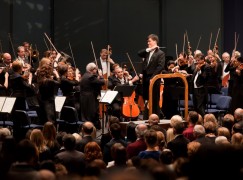

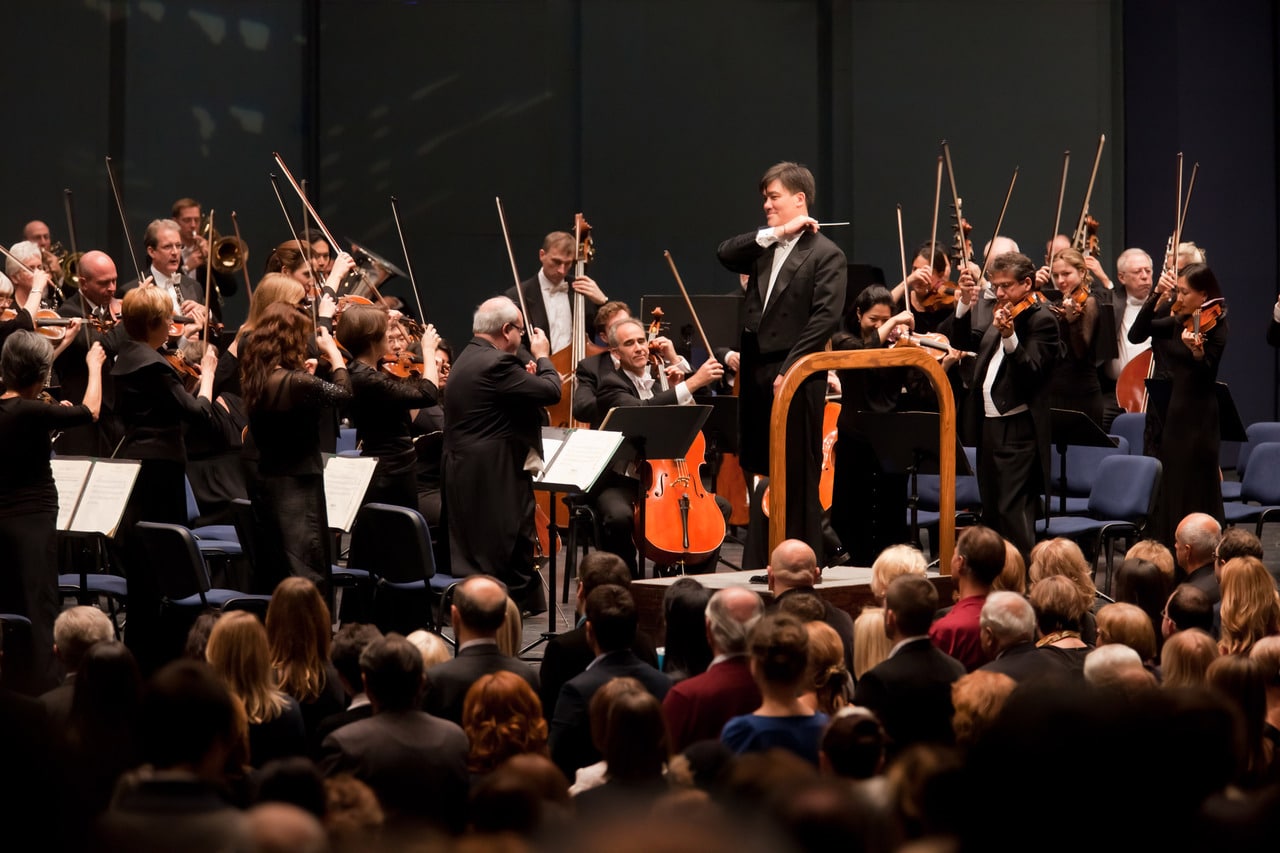
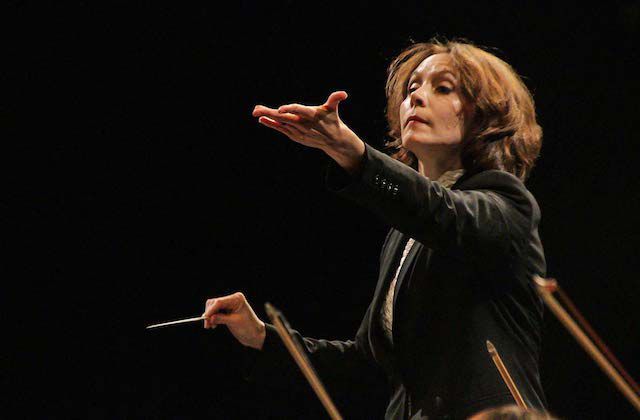

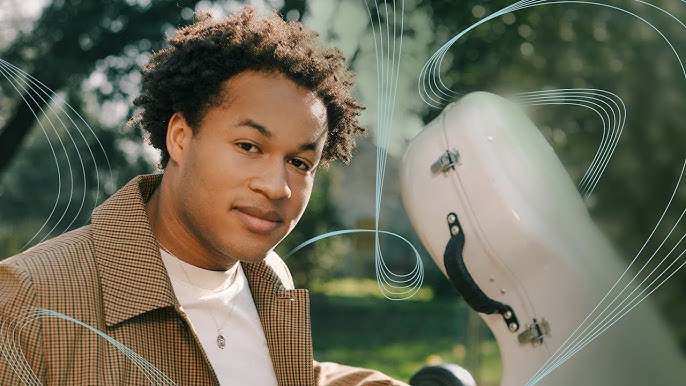
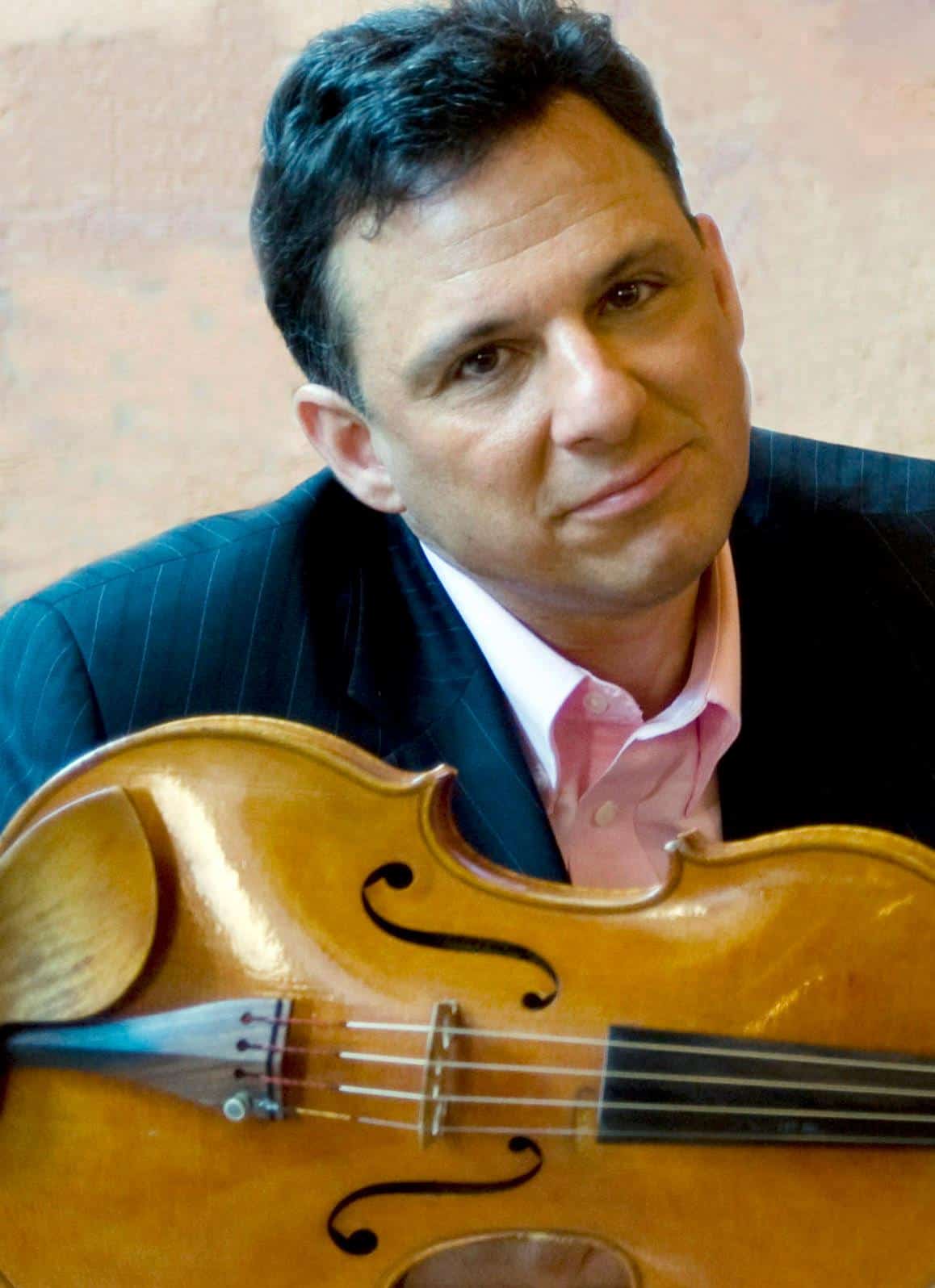
Comments